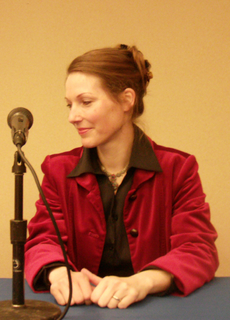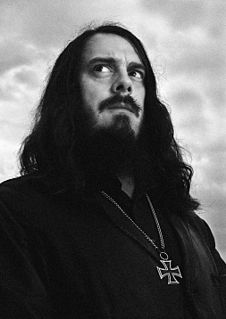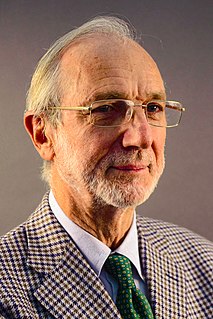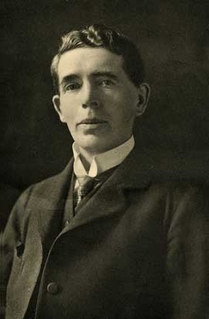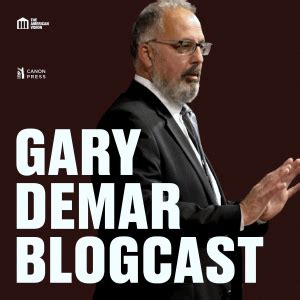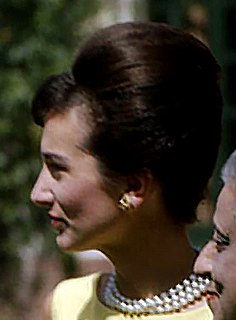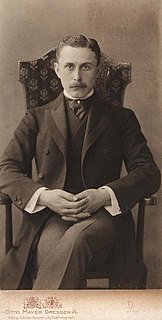A Quote by Anne Fortier
Ever since childhood, I've been interested in history and myth. Not just the facts and figures of the past, but everything that contributes to shape our perception of an age: architecture, art, literature and so forth.
Quote Topics
Related Quotes
Jonathan Meese is not interested in the history of reality. Everything radical and precisely graphic is sustainable. Human ideologies like religions and politics are based on the past and therefore irrelevant to art. Art always transforms radicalism of the past into the future. Art is always the total time machine. Jonathan Meese is interested in the history of the future. Art is never nostalgic.
Architecture is art. I don't think you should say that too much, but it is art. I mean, architecture is many, many things. Architecture is science, is technology, is geography, is typography, is anthropology, is sociology, is art, is history. You know all this comes together. Architecture is a kind of bouillabaisse, an incredible bouillabaisse. And, by the way, architecture is also a very polluted art in the sense that it's polluted by life, and by the complexity of things.
I may remind you that history is not a branch of literature. The facts of history, like the facts of geology or astronomy, can supply material for literary art; for manifest reasons they lend themselves to artistic representation far more readily than those of the natural sciences; but to clothe the story of human society in a literary dress is no more the part of a historian as a historian, than it is the part of an astronomer as an astronomer to present in an artistic shape the story of the stars.
What is fantastic for me is that the Romantic movement comes out as a counter balance to everything that has been accumulating since the Age of Reason. I think the downfall of imagination as a genre or as a perception starts with the Age of Reason, which says everything else that came before us, all those superstitions, all those myths, are childish.
Whether we be Italians or Frenchmen, misery concerns us all. Ever since history has been written, ever since philosophy has meditated, misery has been the garment of the human race; the moment has at length arrived for tearing off that rag, and for replacing, upon the naked limbs of the Man-People, the sinister fragment of the past with the grand purple robe of the dawn.
My first book was signed up when I was 13, and I've been writing ever since. But penning the 'Halo' series has been so much more rewarding than I ever expected. For three years, from the age of 16 to 19, I poured my life, my experiences, and a love for the supernatural that dates back to childhood into these books.
I feel very strongly that history is about everything. It isn't just about politics or the military or social issues. If art, music, engineering, science, medicine, finance, the world of architecture and technology - if those are left out, then you're not getting a full sense of the human condition. History is human and we human beings are involved in all kinds of things and that's part of our humanity.
The past is of no importance. The present is of no importance. It is with the future that we have to deal. For the past is what man should not have been. The present is what man ought not to be. The future is what artists are.
The facts: nothing matters but the facts: worship of the facts leads to everything, to happiness first of all and then to wealth.
Proust is interested in minutiae because life, as he sees it, is seldom ever about things but about our impression of things, not about facts but about the interpretation of facts, not about one particular feeling but about a confluence of conflicting feelings. Everything is elusive in Proust because nothing is ever certain.
